Parent’s Guide to Gangs
By Lieutenant Mike Budreau, Medford Police Dept.
Research indicates that parents can play a pivotal role in keeping young people out of gangs. Parents can protect their children from gang activity through taking positive actions, such as monitoring their activities, fostering close relationships with them, and using positive discipline strategies. However, parents often lack  factual information about gangs.
factual information about gangs.
The early adolescent years (11-14 years of age) are a crucial time when youths are exposed to gangs and may consider joining a gang. Parents should look for common gang identifiers such as:
Gang Style Clothing and Dress:
Gang members often use a particular style of dress to identify with a particular gang. This might include bandanas worn or placed in the back pocket and are of a certain color that is representative of gangs. Other signs to look for are pants worn well below the waist, gangthemed t-shirts, and beaded necklaces.
Graffiti:
Gangs use graffiti to mark their territory, brag about their reputation and threaten rival gangs. For this reason, graffiti can be very dangerous and should be removed as soon as possible.
Tattoos:
Tattoos often show an individual’s loyalty to his/her gang. These tattoos often include the name, initials, or symbols of a specific gang.
Hand Signs:
Gangs often use specific hand gestures to communicate their affiliation with the gang and issue threats or challenges to rival gangs.
 What Parents Can Do:
What Parents Can Do:
- Talk to your children about gangs and ways to avoid them. Let them know you disapprove of gangs and do not want to see them hurt or arrests.
- Tell your children not to:
– Associate with any gang members
– Hang out where gangs congregate
– Attend any party or social event sponsored by gangs
– Use any kind of hand or finger sign that may be meaningful to gangs
– Wear clothing that may have a meaning to gangs
- Get to know your children’s friends and the friends’ parents. Be aware of their attitude towards drugs, alcohol and gangs. When children start to feel pressure to use drugs or join gangs, it usually comes from their friends.
- Set firm limits with your children and teens. Children and teenagers need to know clearly what is expected of them and the consequences of their actions.
- Do not rescue your children from the consequences of their decisions.Plan family time. Make time for your family to play, eat meals together, take trips (even to parks or activities), keep family traditions and have family meetings to talk about plans, feelings, and complaints.
 If you have any more questions or concerns, contact your local School
If you have any more questions or concerns, contact your local School
Resource Officer (SRO), or your local police department.

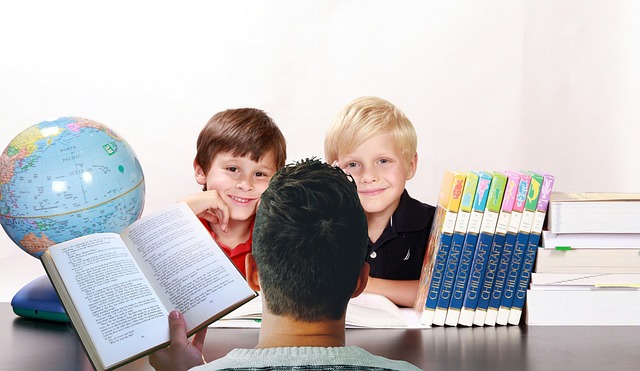


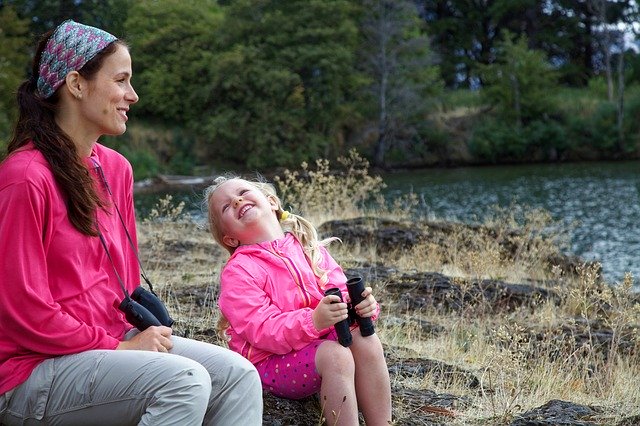



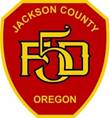



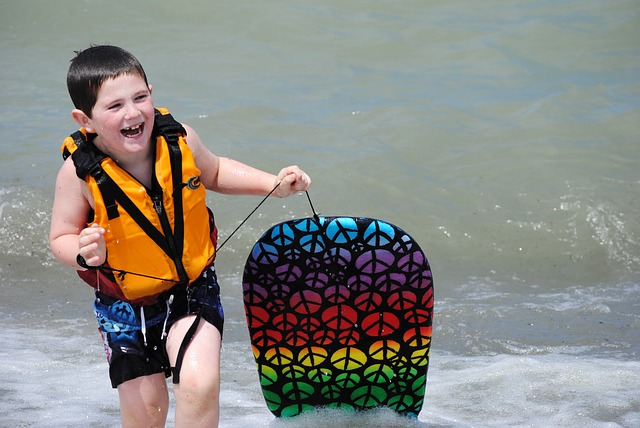
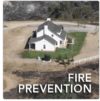
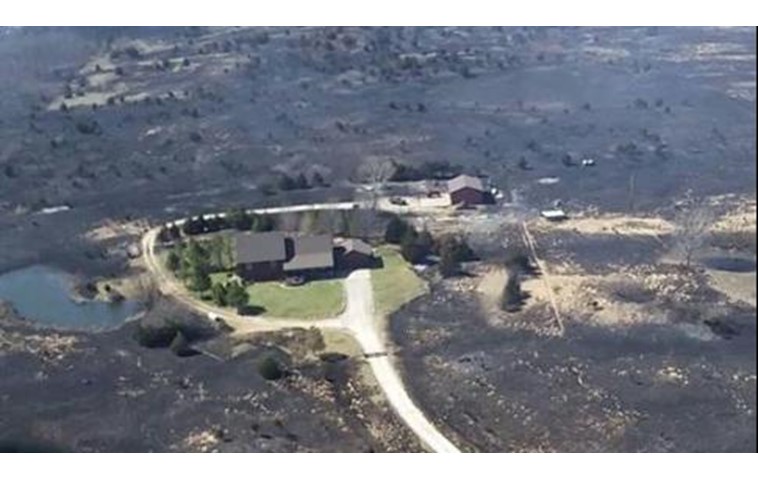

 of lonely people who go to dating sites looking for relationships. The fraudsters find people on these sites and then spend weeks and even months corresponding with them. It is important to note that many times when love or emotion (romance) enter the picture, that common sense goes out the window. We have worked cases where both men and women have fallen victim to this and have sent tens of thousands of dollars to their “online boyfriend/girlfriend” whom they have never met.
of lonely people who go to dating sites looking for relationships. The fraudsters find people on these sites and then spend weeks and even months corresponding with them. It is important to note that many times when love or emotion (romance) enter the picture, that common sense goes out the window. We have worked cases where both men and women have fallen victim to this and have sent tens of thousands of dollars to their “online boyfriend/girlfriend” whom they have never met. would be astonished at the number of reports called in everyday by citizens who failed to lock their vehicle overnight. Remember that your vehicle contains both registration and proof of insurance, which are potential information jackpot for Identity Thieves.
would be astonished at the number of reports called in everyday by citizens who failed to lock their vehicle overnight. Remember that your vehicle contains both registration and proof of insurance, which are potential information jackpot for Identity Thieves.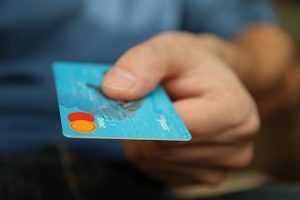


 factual information about gangs.
factual information about gangs. What Parents Can Do:
What Parents Can Do: If you have any more questions or concerns, contact your local School
If you have any more questions or concerns, contact your local School

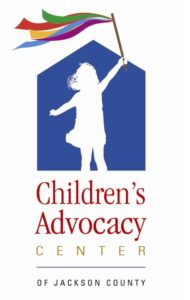 Evidence might be emails, instant messages, or any pictures that might have been sent. You should contact your local law enforcement agency and make a report.
Evidence might be emails, instant messages, or any pictures that might have been sent. You should contact your local law enforcement agency and make a report.

 Listen to your child. Talk to your child.
Listen to your child. Talk to your child.

 expectations will be. You should always know the people your child will be spending time. It does not matter if they are a child or an adult. Ask questions of those adults that are in charge. If it is an organized activity, ask about what kinds of supervision will be given to the participants.
expectations will be. You should always know the people your child will be spending time. It does not matter if they are a child or an adult. Ask questions of those adults that are in charge. If it is an organized activity, ask about what kinds of supervision will be given to the participants.